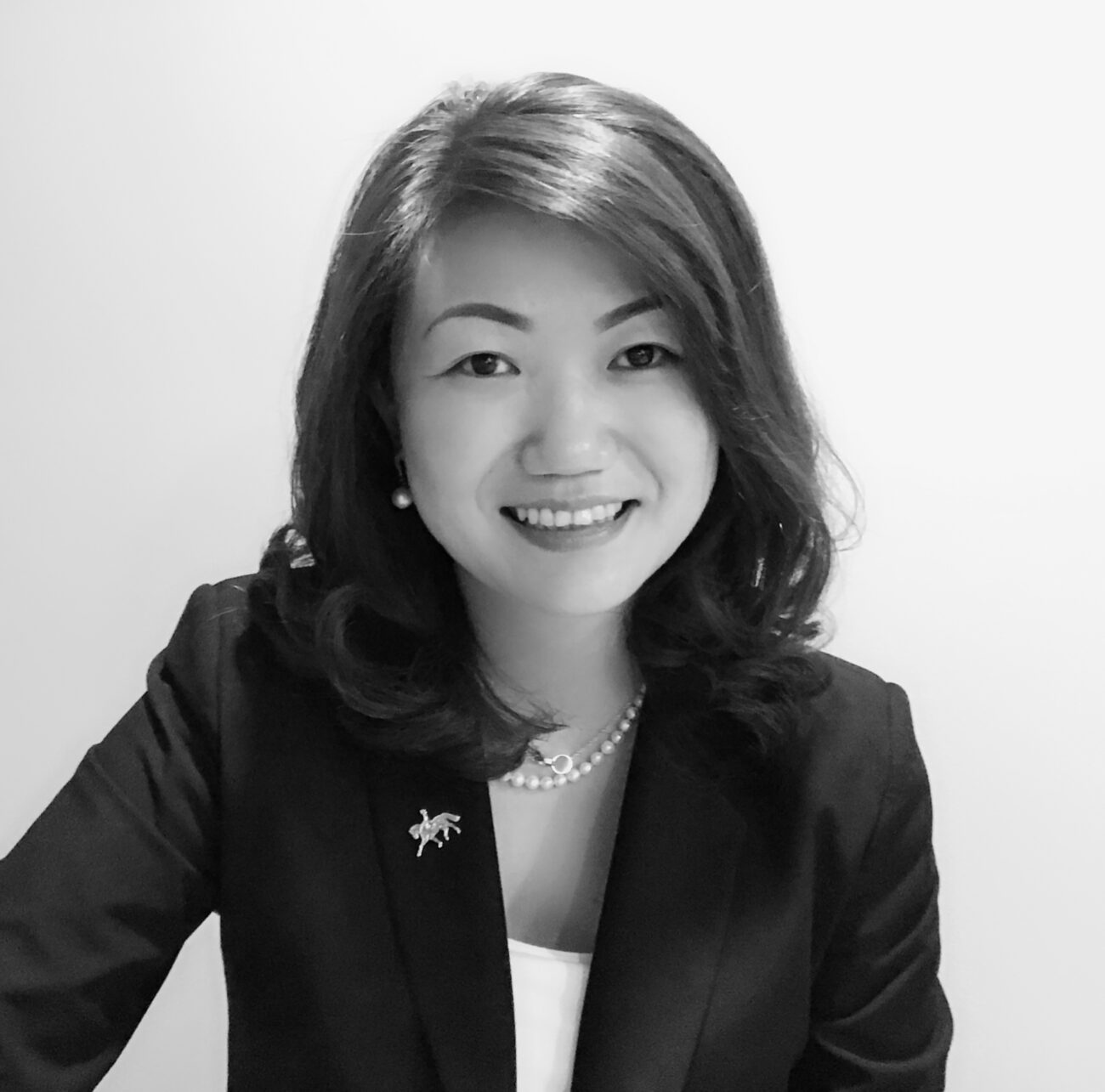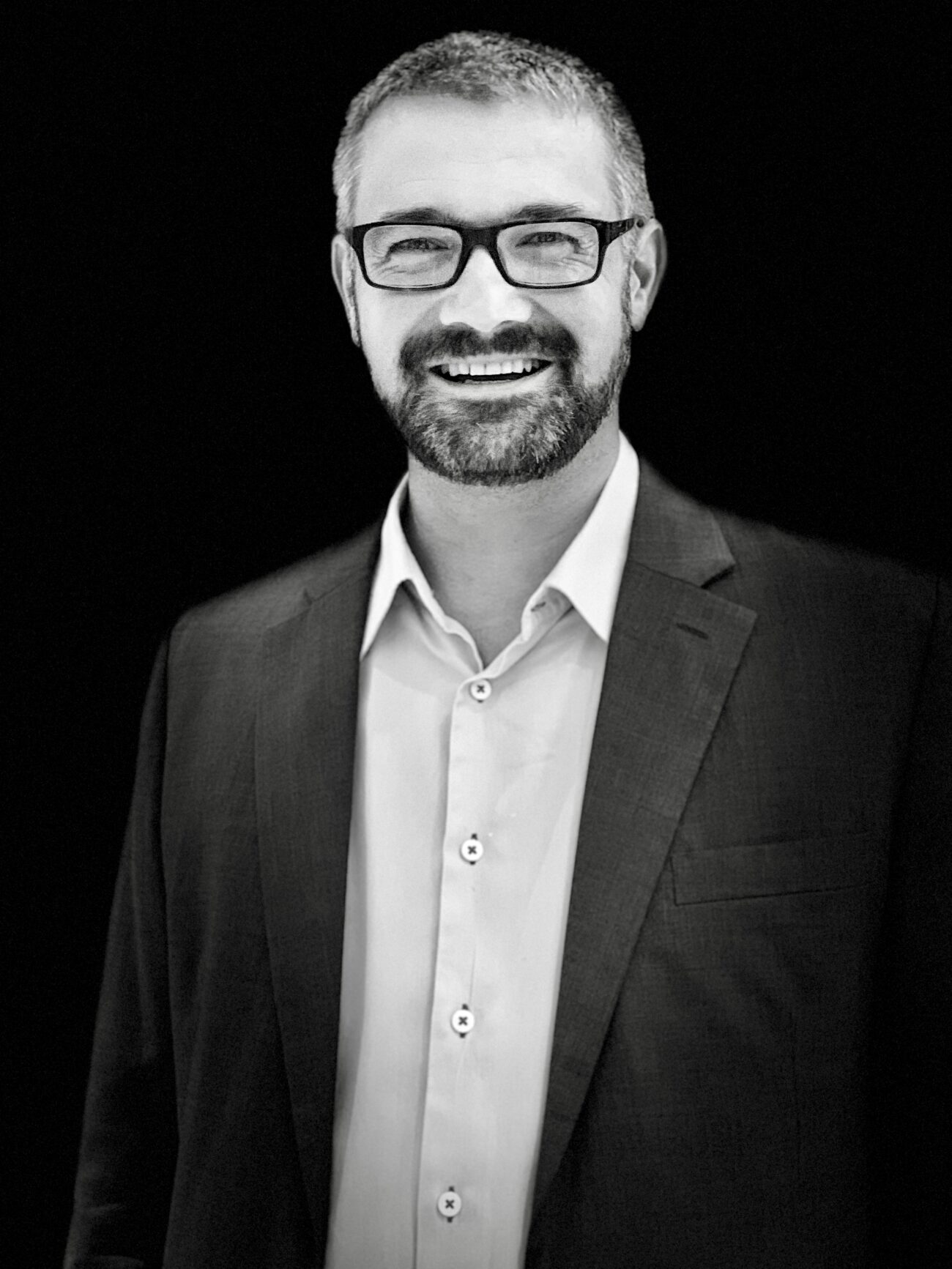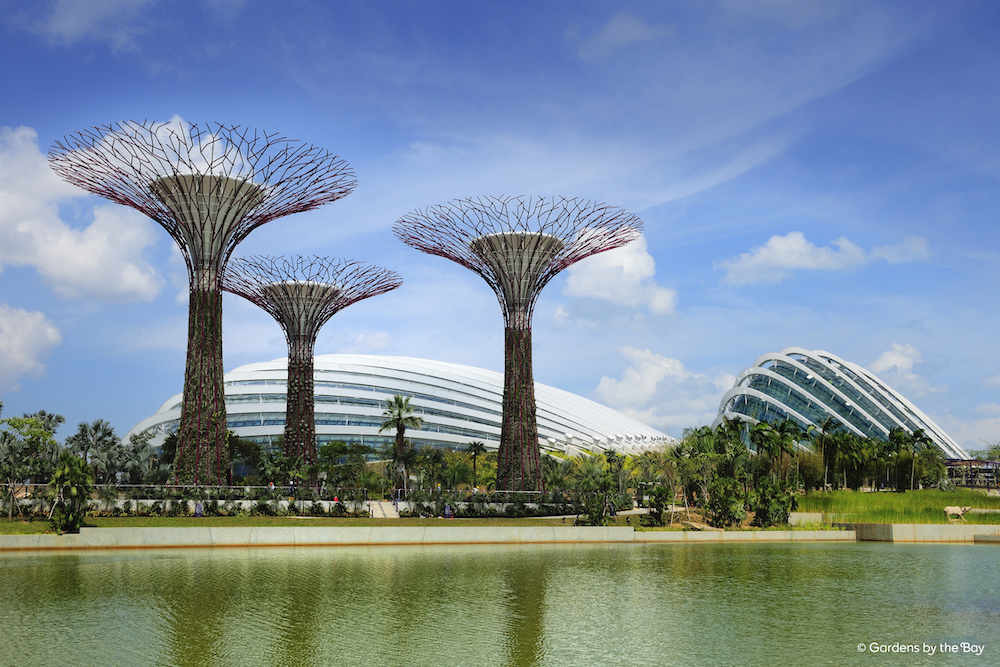A world-class events destination given its strengths in terms of access, innovation, and sustainability, Singapore is home to more than over 7,000 multi-national corporations, 1,700-plus state-of-the-art venues, and the renowned Changi Airport, with about 100 airlines connecting Singapore to 49 countries worldwide. On top of the city-state’s strategic location and vibrant business culture, Singapore’s stable governance, stellar track record and its resilient MICE industry offers associations peace of mind and confidence in the delivery of exceptional business events. Shirley Choo, Chief Operating Officer and Secretary-General of the Singapore-headquartered Cocoa Association of Asia (CAA), experienced the ease of planning first-hand when the second biennial CAA International Cocoa Conference in 2020 was postponed several times.

When the event was finally held in September 2022, more than 500 delegates from more than 40 countries attended. “The sheer number of turnouts was a real pleasant surprise and a testimony of the trust the global delegation had for Singapore and the system it had in place,” says Choo, adding that there were clear guidelines provided on safety and hygiene. “Everyone knew what to do and expect — little left to ambiguity. In terms of how people look at associations, when there isn’t a crisis, people probably won’t realise the importance and benefits of having a supportive infrastructure or association like ours, and I think the same can be said about why Singapore is considered a great place to hold international events.”
In Singapore, event planners have easy access to world-class convention venues, an efficient public transport system, diverse hotel options and unique leisure offerings- from attractions to dining- that provide a vibrant backdrop for delegates to experience the city. “Plus, as an organizer, Singapore is considered a safe and relatively self-contained, fuss-free city,” adds Choo.
Support system
Because of the city’s strategic location in the heart of Asia and as the leading gateway to Southeast Asia, Singapore allows associations and delegates to combine a conference with high-level meetings. For those traveling from farther abroad, an accessible airport with direct flight connections with major cities around the globe is a huge advantage, since travel time is a major consideration for conference attendees. “This is definitely true for managers with tight schedules and seniors with less resistance to long hauls,” says Guillaume Drillet, from the World Aquaculture Society, adding that the frequency of daily flights is convenient for those in the region who are making shorter, quick trips. “Singapore is also multi-ethnic with a large expat community that gives a great feeling of openness to visitors — it’s a welcoming destination that’s multilingual with English as the common language, making it easier for international delegates.”
Drillet has been supporting the organization of conferences and events in Singapore since 2010. As he explains Singapore’s draw as a destination where policymakers, business leaders and renowned scholars convene, exchange knowledge and have meaningful discussions: “I could say high-level discussions and decision-making are common features of conferences I had the chance to participate in in Singapore. Many of the conferences we have organized ended up attracting some very important profiles from academia, industry, and governments — which led to constructive discussions.”
Another one of the major highlights of the destination, he notes, is that it’s safe and clean: “There is a high level of stability in Singapore – one is not afraid to miss an event due to strikes, for example.”

Referencing last year’s World Aquaculture Singapore (WAS) 2022, Drillet highlighted the importance of organizing such a conference in terms of catalyzing new ideas and collaborations to advance the global aquaculture industry. “I truly believe that conferences, tradeshows, and think tanks are one of the most important ingredients in this effort because bringing people together helps consolidate skills and ideas from a wide range of global stakeholders.”
This shone through at WAS where a MOU toward building Singapore as a leading research and innovation cluster for sustainable tropical aquaculture was inked by the Singapore Food Agency, National University of Singapore, Temasek Life Sciences Laboratory and seven industry partners to develop the AquaPolis Programme. The program brings together local and overseas aquaculture researchers, farms and companies to develop innovative and sustainable solutions, while cultivating talent for the industry’s local workforce – a testament to the impact of the congress.
And with a wide range of hotels and venues, Singapore has many local experts available to help support and bring your event to life. Association planners can choose from venues like the Flower Field Hall, which integrates your event with nature, or the historical Clifford Pier that overlooks the Marina Bay waterfront. With the many unique and unconventional venues in Singapore. Singapore Tourism Board (STB) can also assist organizers with the planning process by facilitating connections with partners and industry leaders.
This has helped attract an impressive range of conferences this year alone, from the International Trademark Association 2023 Annual Meeting, the World Conference on Lung Cancer, the 25th World Congress of Dermatology, to the International Conference on Materials for Advanced Technologies (ICMAT 2023).“From my experience, this is core to the success of the events,” adds Drillet. “The support of other agencies in Singapore is also crucial because it boosts the level of commitment in Singapore as a whole — STB is versatile and has that expertise that can comfort organizers in getting the right set of approaches for their events.”
Host your next event in Singapore now.
